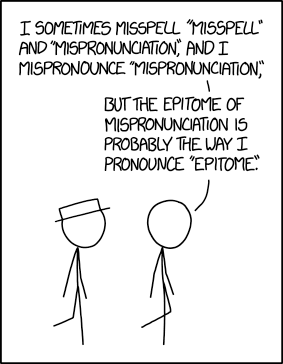[Brief caveat. I have only a cursory knowledge of Watergate so I may be getting some of the history wrong. Fortunately, most of my readers are better informed than I am.]
Picking up from here...
First off, a bit of background courtesy of Wikipedia:
Nicholas von Hoffman (born October 16, 1929 in New York City)[1] is an American journalist and author.
...
Von Hoffman was fired by Don Hewitt for referring to President Richard Nixon, at the height of the Watergate scandal, as "the dead rat on the kitchen floor of America, and the only question now is who's going to pick him up by his tail and throw him in the garbage."
Von Hoffman's dead rat is one of many examples of how the Trump scandals turn the dynamics of Watergate on its head (it also reminds us how little predictive value there is in the Trump/Watergate analogy).
At the risk of being one of those counterintuitive types I'm always complaining about, the Republicans were lucky not to hold Congress during Watergate. The Democrats had to pick up the rat; all the Republicans had to do was hold the door through a reasonable level of cooperation across the aisle and an occasional show of independence from the president. The GOP certainly took a hit, but it was probably the best they could do under the circumstances. Furthermore, they were able to avoid intra-party war and exchange a huge and growing problem for a useful martyr.
To go just a bit further down the counter-intuition rabbit hole, I suspect that a significant number of Republicans in Congress are hoping that enough of their colleagues lose their jobs in 2018 so that this disposal job can be handed over to the Democrats. Of course, there are two obvious problems with that strategy. First, it is impossible to guarantee that it will be a colleague who goes down in the tsunami. Second, November 2018 is a long ways off and, if the pace of the scandal holds (or even gets worse), association with Trump has the potential to do a stunning amount of damage between now and then.
